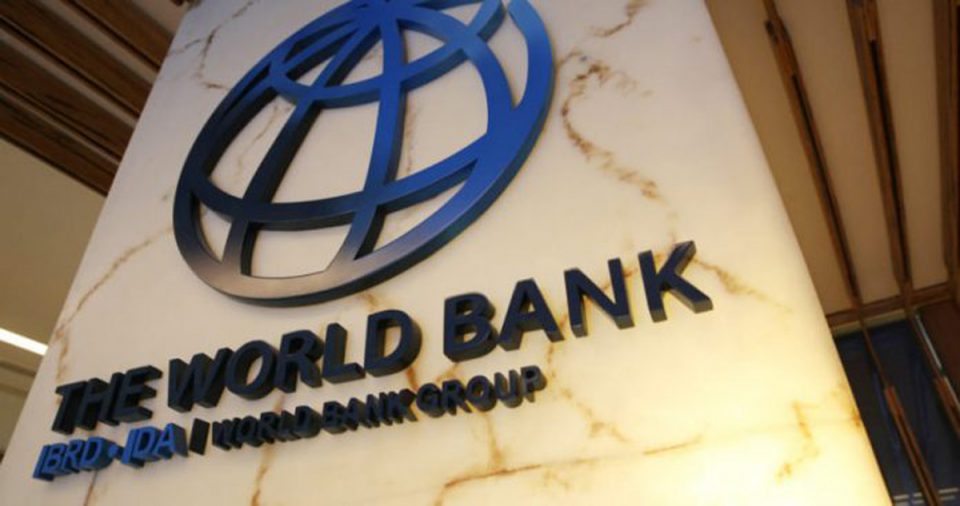Photo caption: World Bank logo
Nigeria has reclaimed 178,235 hectares of degraded land across 19 northern states, a major milestone in the Agro-Climatic Resilience in Semi-Arid Landscapes Project, funded by the World Bank.
The $700m initiative, launched in 2022, targets the restoration of one million hectares by 2028 in a bid to counter land degradation and halt the encroaching Sahara Desert, which threatens nearly 70 per cent of arable land in northern Nigeria.
ACReSAL’s National Project Coordinator, Abdulhamid Umar, made this disclosure in a statement to The PUNCH on Tuesday, after a press briefing at a five-day retreat in Lagos.
“This project, supported by the World Bank, addresses severe climate change challenges, particularly land degradation and desert encroachment across the 19 northern states,” Umar said.
“Our efforts aim to reverse land infertility caused by both natural and human factors in a region experiencing increasingly erratic rainfall.”
Umar stated that the project has directly benefited over one million people and indirectly impacted an estimated 10 million through interventions in dryland management, community-led climate resilience programs, and agricultural support. These efforts, he noted, have led to improved soil productivity, higher crop yields, and enhanced livelihoods.
“Our long-term strategy includes promoting community ownership, enacting legal frameworks at the state level, and investing in infrastructure to ensure the sustainability of these gains beyond the project’s six-year funding cycle,” he asserted.
The World Bank’s Senior Environmental Specialist and ACReSAL Task Team Leader, Joy Agene, praised the progress as a reflection of strategic planning and coordination between federal and state governments.
“We’re optimistic about recovering 60 to 70 percent of the 1 million-hectare target by next year,” Agene remarked.
As part of its sustainability plan, ACReSAL is also embedding resilience into local governance structures, empowering communities to take charge of land restoration and climate adaptation efforts.
The project is aligned with Nigeria’s broader commitment to restore 4 million hectares of degraded land by 2030, and experts say it could serve as a model for other Sahel countries grappling with similar climate-related challenges.
However, scaling up remains a significant hurdle. Sustained funding, stronger community engagement, and timely implementation will be critical to achieving ACReSAL’s ambitious targets.



